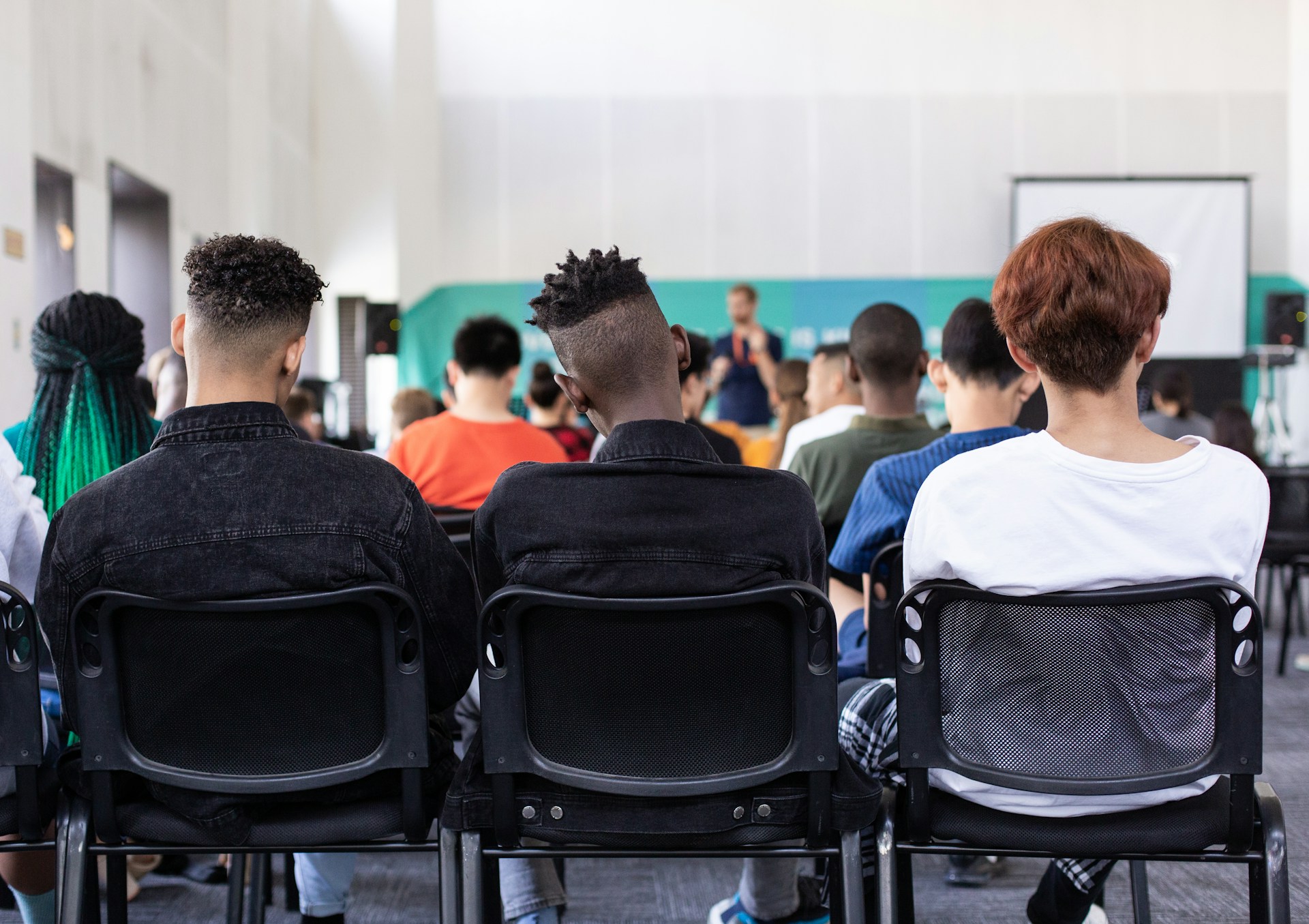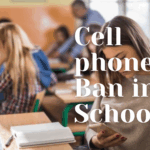The latest chapter in the never-ending saga of education policy in America, this time, it’s the U.S. Department of Education rolling out a portal for complaints against Diversity, Equity, and Inclusion (DEI) policies.
The ‘End DEI‘ portal is a public portal for parents, students, teachers and the general public to alert the agency of ”illegal discriminatory practices.”
Let’s unpack this with the perspective of a teacher who’s spent years in classrooms, watching these policies play out in real-time.
Balancing Equity: The Debate Over DEI Policies and Discrimination Concerns
First, let’s talk about why this is happening. The Department’s Office for Civil Rights (OCR) launched this portal in response to concerns that DEI initiatives might be discriminating against students, teachers, or staff based on race, gender, or other factors.
Basically, it’s a formal way for people to say, Hey, I think this DEI program is going too far and creating an unfair environment.
Now, if you’ve been in education long enough, you know DEI has been both a lifeline and a lightning rod. At its best, DEI initiatives open doors for historically marginalized students, ensuring they have equal access to opportunities that were previously out of reach.
I’ve seen firsthand how targeted scholarships, mentorship programs, and curriculum shifts have helped students who might have otherwise felt invisible.
The Fine Line Between Equity and Overreach
But let’s not pretend DEI is immune to implementation problems. When done poorly, DEI efforts can feel exclusionary rather than inclusive. If a school creates affinity groups but excludes certain students based on race, or if hiring practices focus so much on diversity quotas that they ignore qualifications, then we’re in murky territory. The goal of equity should be to level the playing field, not tilt it in a different direction.
That’s where this complaint portal comes in. Some see it as a check on DEI overreach, a way to ensure these policies don’t inadvertently create discrimination in reverse. Others worry it’s a thinly veiled attack on DEI itself, a way to dismantle policies that were designed to create more inclusive schools.
Bridges not battlegrounds
So, what’s my take? Transparency and accountability are always good things. If a DEI policy is causing harm or unfairness, it should be addressed, just like we would with any other school policy.
But let’s be real: this debate is as much about politics as it is about education. The concern is that this portal might turn into a tool for those who want to dismantle DEI altogether, rather than refine it.
At the end of the day, education should be about building bridges, not deepening divides. Instead of fighting over whether DEI should exist at all, we should be asking: How can we ensure DEI policies work fairly for all students?
Because the classroom should never be a battleground, it should be a launchpad for every kid, no matter where they come from.













